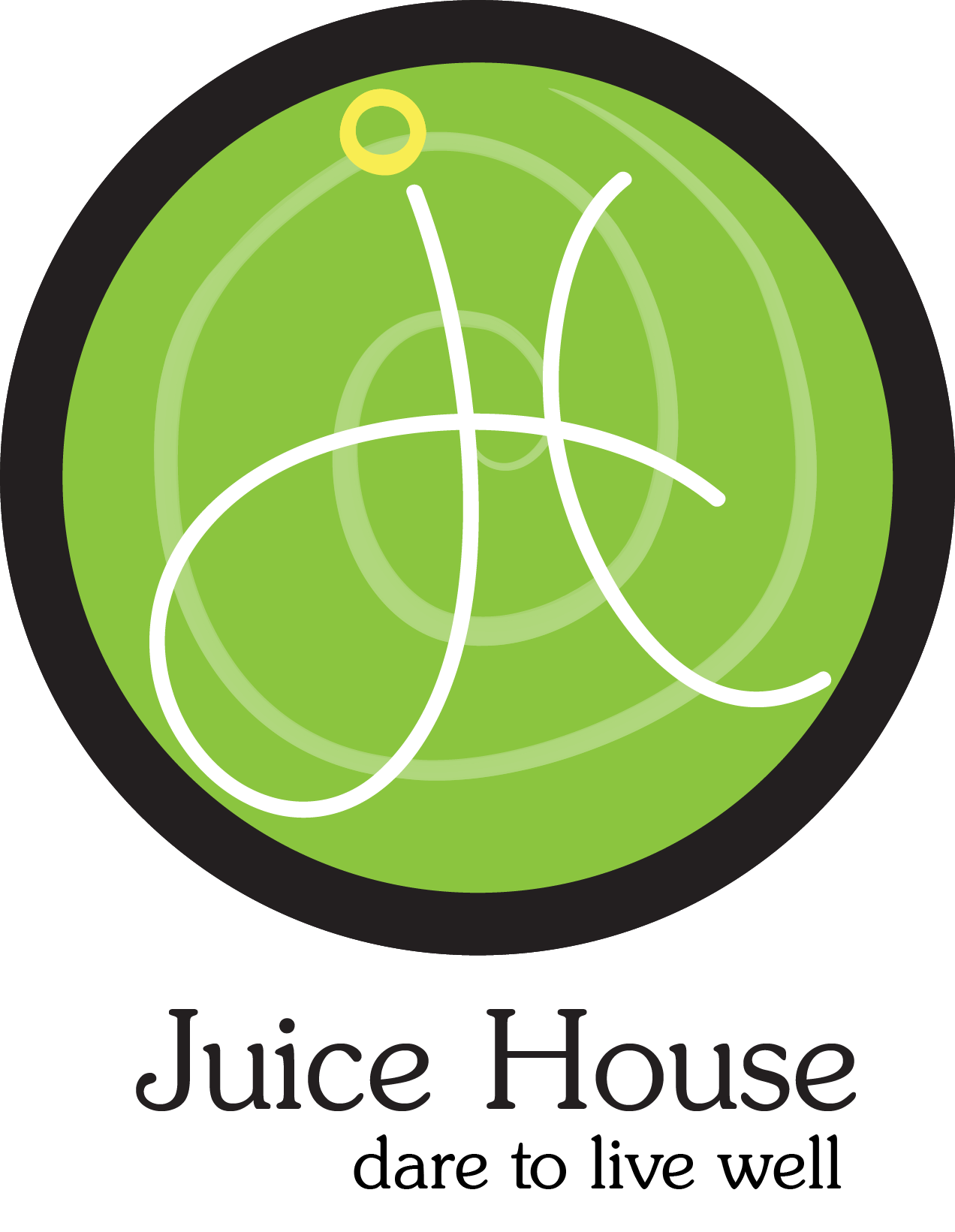Do you find yourself hitting a wall right when you need to review for an exam? Do you ever feel like you’re writing in a fog? Or, no matter how much you read or how long you stare at the text, you just can’t seem to absorb anything?
One question that may unlock the cause and the solution is, “What did I eat?” We all know that our diet is important, but even down to the tasks that we do daily, what we eat can dramatically affect the efficiency and quality of our performance. How and what we eat is a vital component of living and thinking well. Research shows that the food that we eat plays a major role in our brain health; memory and cognition are directly fueled by energy and nutrients to sharpen our focus and processing capacity, providing us the way to not only study more efficiently but to make decisions on what is most important from daily tasks to our lives and future.
According to recent studies, there are several key chemicals needed for optimum brain function which can be found in specific foods: omega-3 fatty acids, curcumin, flavonoids, saturated fats, B vitamins, vitamins D and E, choline, beta carotene, calcium, zinc, selenium, copper and iron are some of the vital elements for overall mental health. Below are some examples of foods containing these power-packed nutrients and some simple recipes to fuel your next study session.
Blueberries — are high in antioxidants (flavonoids) that increase blood flow to the brain and can boost memory and concentration hours after you’ve eaten! These contribute to lifelong mental health and have been known to improve brain function in the elderly. Check out this blueberry smoothie recipe.
Fatty fish — such as salmon, tuna and sardines, are full of omega-3 fatty acids that improve memory function and can also slow or reduce brain decline. Omega-3s not only increase brain function but some studies show they also help stabilize moods and cognition, especially in those who suffer from traumatic injuries. Here’s a recipe for a quick tuna salad!
Eggs — contain important B vitamins and choline, which regulates memory and reduces inflammation. Like your eggs fried or hard-boiled? Here’s a quick chart for cooking eggs to your taste.
Walnuts — nuts are great for you and are especially full of vitamin E, selenium, manganese and amino acids for brain function and concentration. Walnuts also contain melatonin, a key nutrient for sleep quality, so be sure to add them to salads or trail mix for better mental function and rest!
Pumpkin seeds — not only are pumpkin seeds rich in omega-3s, but they also have a high concentration of zinc and magnesium. These seeds are packed with nutrients for overall health including increasing focus, supporting memory retention and reducing stress! These go great in salads and nut blends too! You can even roast your own.
Leafy greens — such as kale, collards, spinach and broccoli are all high in vitamin K, beta carotene and lutein. They help protect brain cells, sharpen memory and reduce stress and anxiety. Include these in your salads or steam some broccoli as a side dish for your next meal.
Overall, your diet is not only about your physical health, but also a key player in your study quality and can have a major effect on your college experience. Beyond what you eat, most importantly, don’t forget to drink water! Even a 2% water deficiency in your body can dramatically impact your brain’s performance. Stay hydrated and experience a new level of clarity and energy with these foods.
Having the knowledge and awareness of how certain foods may benefit your brain can give you the tools you need to interpret your body’s cues and take action. You can start seeing food options with new understanding so that you can make healthier choices that can benefit you in the long run. Next time you head to the dining hall or grocery store, keep these foods in mind. By taking steps to incorporate them into your diet, you’ll bring your studying to a whole new level.


